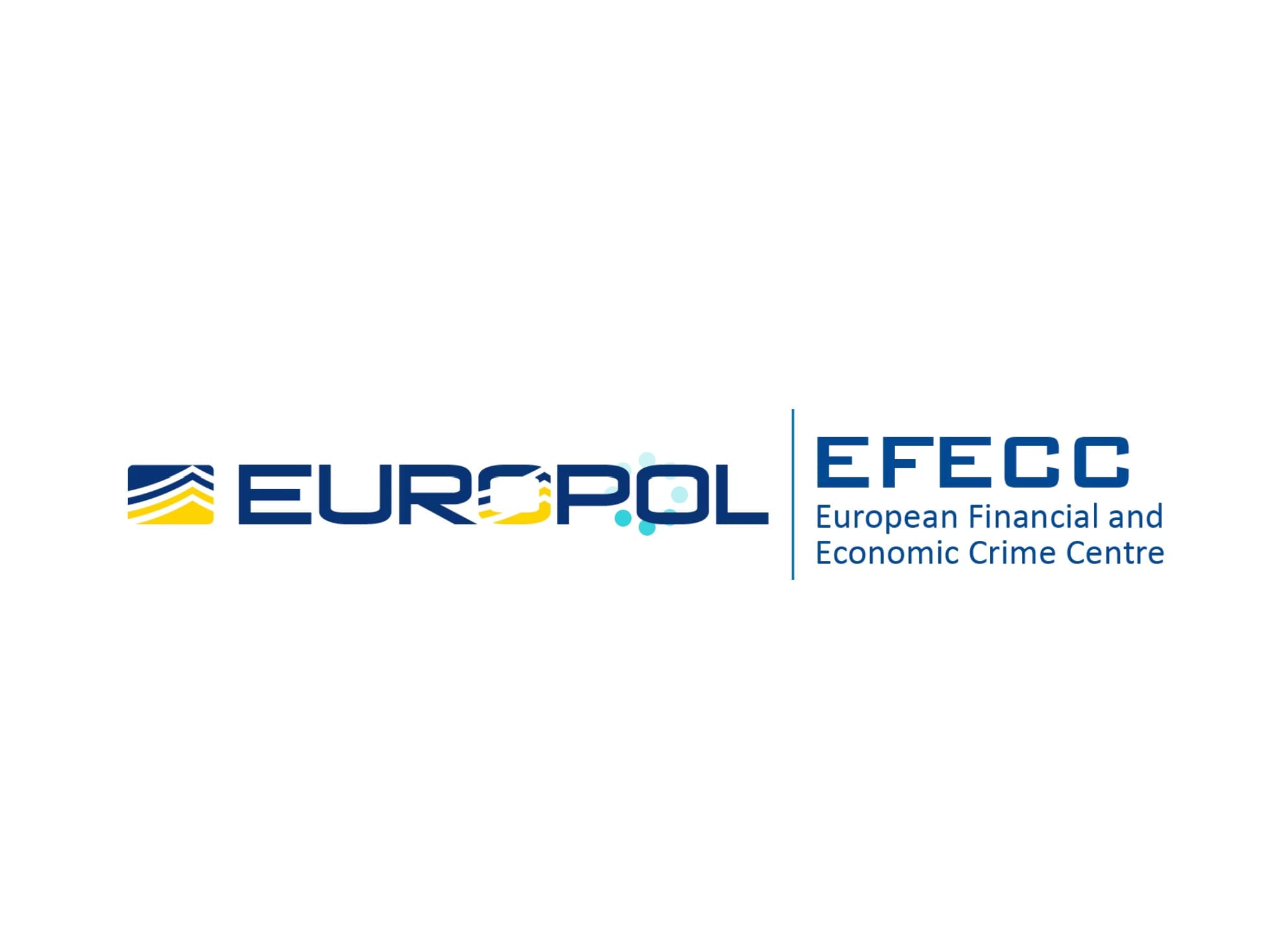The main motive for organized crime is financial gain. Identifying and confiscating the profits of international criminal networks is a top priority for law enforcement. Europol has provided significant support in asset recovery in recent years. Law enforcement agencies worldwide invest more resources into asset recovery than ever before. This led to the establishment of Europol’s European Economic and Financial Crime Centre (EFECC) in 2020.
While providing operational and analytical support to Member States and Europol’s partners, EFECC primarily focuses on tracing, identifying, and freezing criminal assets. This has proven invaluable in light of the growing complexity of investigating criminal networks, a development influenced by technological improvements and growing instances of cross-border crime. The pandemic also illustrated that a key characteristic of criminal networks is their agility in adapting to and capitalizing on changes in the environment in which they operate.
But how are criminal assets defined? Assets are any movable or immovable property, tangible or intangible, held by an individual or a legal entity. They are criminal whenever their origin is tainted. This can include, inter alia, the:
- direct proceeds of a crime (e.g. the jewelry stolen from a shop);
- indirect proceeds of a crime (e.g. a car purchased thanks to the money from the stolen jewels);
- instrumentalities of crime (e.g. the car used to commit the jewelry robbery).
Financial investigations determine what assets are criminal and which assets are eligible for recovery proceedings. This is where Europol’s asset recovery unit can provide essential expertise.
Europol’s resources in asset recovery were also deployed in the context of the Russian invasion of Ukraine in 2022. Operation Oscar, conducted with the support of Eurojust and Frontex, supported financial investigations by EU Member States targeting criminal assets owned by individuals and legal entities that had been sanctioned in relation to the conflict. As well as targeting criminal assets themselves, Operation Oscar supports Member State investigations into the circumvention of sanctions.
Asset recovery offices
Each EU country has an asset recovery office, and these offices can communicate directly with each other and with Europol via SIENA, Europol’s secure messaging platform for use by law enforcement. All EU Member States are required to have an asset recovery office.
This network is particularly effective as each office has a legal requirement to answer any request from another office within one week. Europol co-chairs this platform with the EU Commission and is crucial in connecting the different offices.
Creating International Asset Recovery Networks
Criminals transfer and spread their assets across multiple jurisdictions, making it increasingly difficult for national authorities to trace, freeze and confiscate them. They then use these assets to invest in further criminal activity or facilitate ostentatious lifestyles they cannot sustain. Most of the time, criminals do not necessarily hide their profits; they simply reinvest them in further criminal activities. When it comes to laundering money, criminals use numerous techniques, including investing in works of art and real estate, amongst other options.
CARIN
Another important network in asset recovery is the Camden Assets Recovery Inter-Agency Network (CARIN), which aims to enhance efforts that deprive criminals of their profits. This network was established in 2004, with the permanent secretariat located at Europol and staffed with Europol specialists. As part of this network, members can gather to discuss strategic topics related to asset recovery and ways to improve cases. In 2022, CARIN worked on the following topics:
- best practices in asset management;
- asset recovery and anti-corruption;
- asset recovery in response to international aggressions;
- strengthening ARINs (Financial Action Task Force projects).
CARIN’s membership comprises 61 EU and non-EU jurisdictions and 13 organizations that are either members or observers. As of 2023, CARIN (together with other alike asset recovery networks created worldwide) can reach out to 174 jurisdictions.
As part of CARIN, all participating countries have points of contact. One of the main advantages of this is that law enforcement can quickly and effectively contact their counterparts in different jurisdictions all over the globe. For example, CARIN specialists from countries that are continents apart can rapidly get in touch via the network and successfully recover stolen assets.
Legislation
All activity by law enforcement regarding asset recovery is subject to a robust legal framework currently under revision as policymakers look to enhance its strength. The pillars of the EU regime are Council Decision 2007/JHA/845 and Directive 2014/EU/42, which sets minimum rules for freezing, managing, and confiscating criminal assets. Member States have various interpretations and applications of laws related to asset recovery.
There is currently a proposed Directive on asset recovery and confiscation, which will make it easier for police to identify, freeze and manage assets. It will also cover all relevant criminal activities carried out by organized crime groups, enabling confiscation of all relevant assets.
